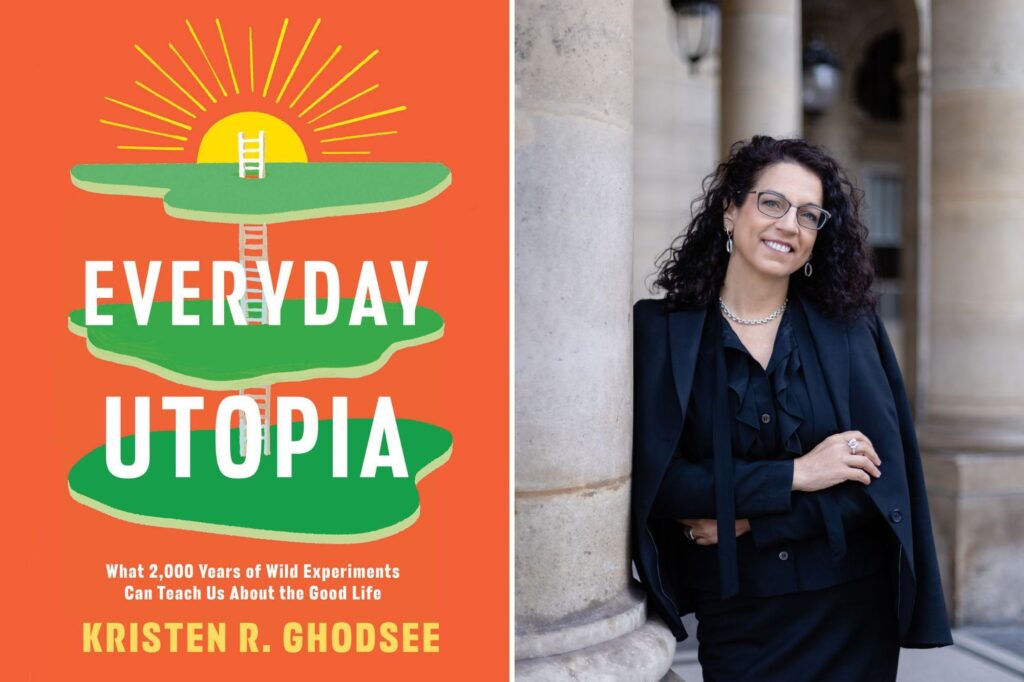Founded in 1993, amidst the conflicts in Yugoslavia, this workshop is driven by the exploration of questions related to gender in postcommunist countries of East, South and Central Europe and the former Soviet Union, including the Baltic countries and Central Asia. Centered on debates on communism’s impact on women and gender and on how to converse and theorize across the East-West divide, this workshop strives to include voices from not just the New York City area, but also from the region and around the world. We continue to be an informal and friendly gathering for feminist scholars, activists, and journalists to discuss recent theoretical and/or critical work, empirical research, and critical and scholarly reflections on activism.
Theme: We invite papers on any topic related to the themes of communism and postcommunism and gender, but this year, we are particularly p thinking about the impact of Russia’s long war against Ukraine and of the threat of anti-gender populism and authoritarianism. We remain especially interested in proposals that consider the impact of Russia’s aggression on gender in the region, state gendered violence inside and outside the state borders, and the role of state propaganda in fostering ultranationalism and war. We are also especially interested in reflecting on our work as scholars of gender and this region, including the continued influence of Russia-centrism and West-based scholarship. We welcome conversations that put this region in the context of global events and processes, including the Israel-Gaza war.
Details:
- Meet monthly, usually on Fridays, at the CUNY Grad Center in New York City (with Zoom participation available) or via Zoom only, 2-3 PM New York time (8-9PM Poland time)
- Presenters share a 10-15 page paper in advance to those who have registered. We ask authors to limit their presentation to 20 minutes to allow maximum time for conversation.
- We will moderate the sessions so that we check in with what we are all thinking about, hear and see the key ideas of the paper, and have lots of time to discuss collaboratively.
To participate, please fill out this google form with your name, email, location/affiliation, current related interests. We have also created a space there for you to share your thoughts and suggestions about the workshop as well as to indicate interest in participating in a NYC-based networking session to foster collaboration and mentoring.
If you’d like to present your work/project this next academic year, please also add the following:
- tentative title for your talk
- abstract of less than 200 words describing your proposed talk
- up to 5 recent publications or information about your activism
- your schedule clarifying which Fridays you could present
- Preferred format: Zoom or in-person
We regret that, despite our best efforts, we do not have funds for an honorarium. All are welcome to participate. We will start reviewing proposals on Aug. 1, 2024.
Warmly,
Janet Elise Johnson, Brooklyn College and Grad Center, City University of New York johnson@brookyn.cuny.edu
Mara Lazda, Bronx Community College, City University of New York mara.lazda@bcc.cuny.edu



